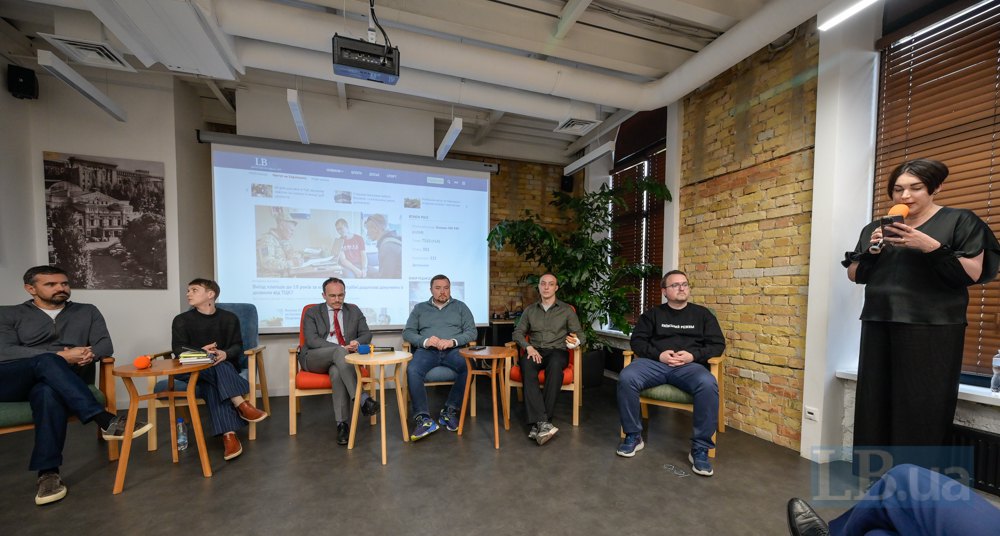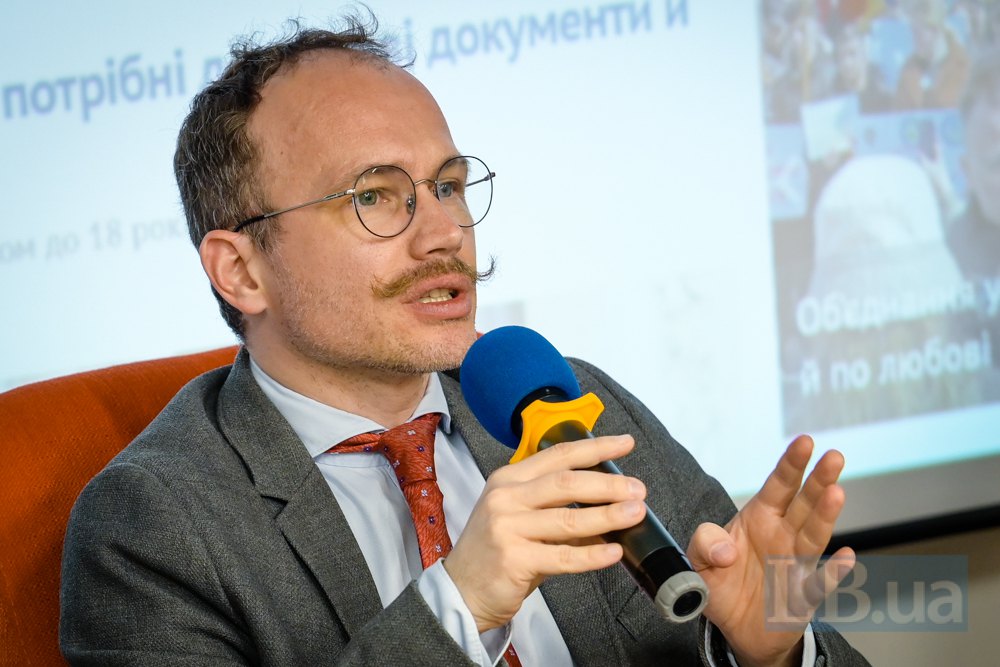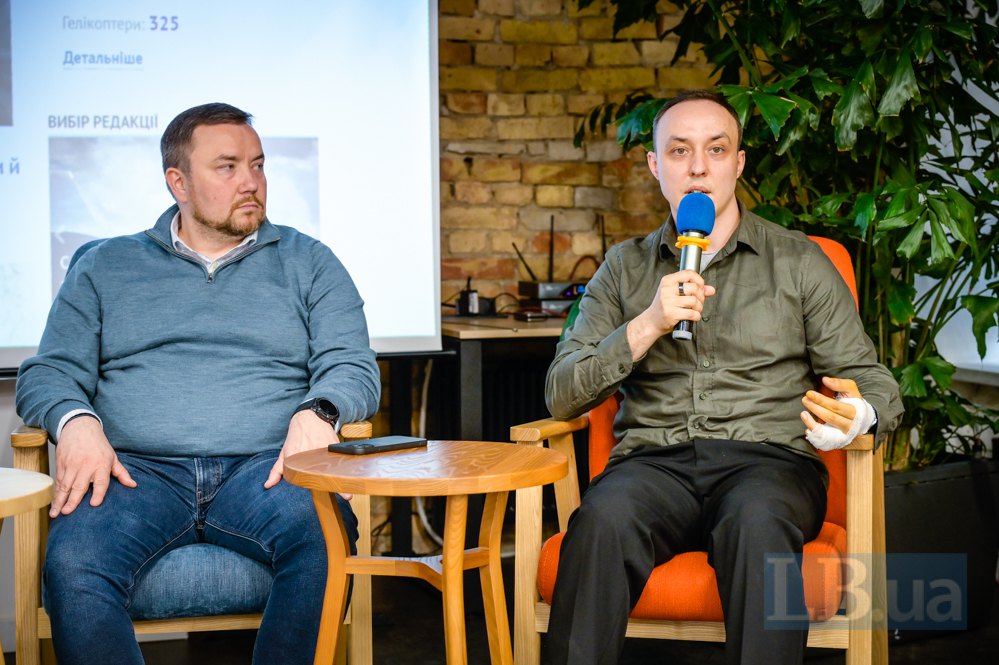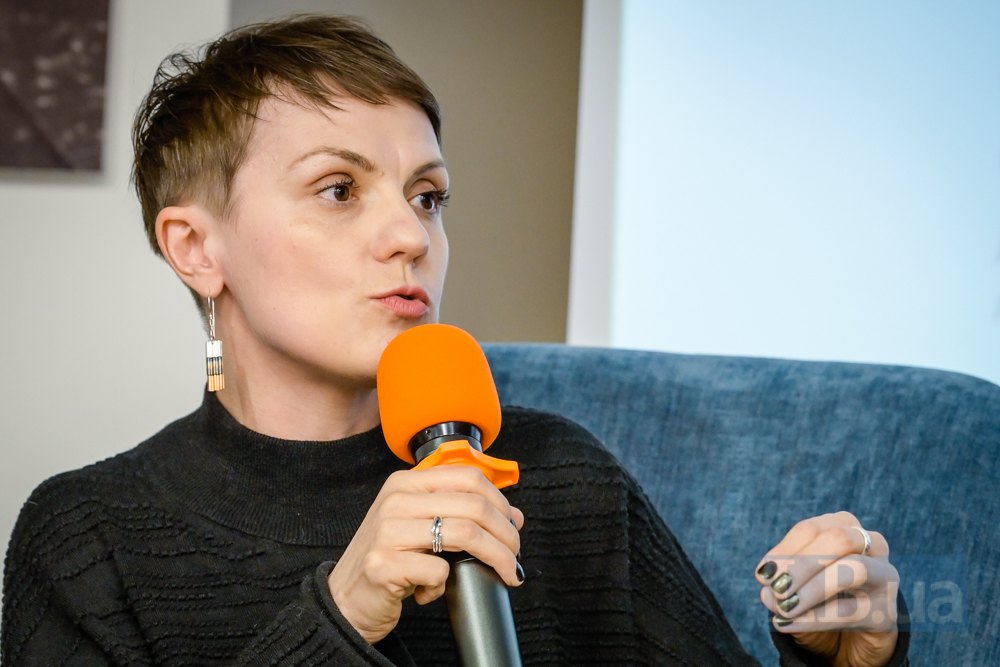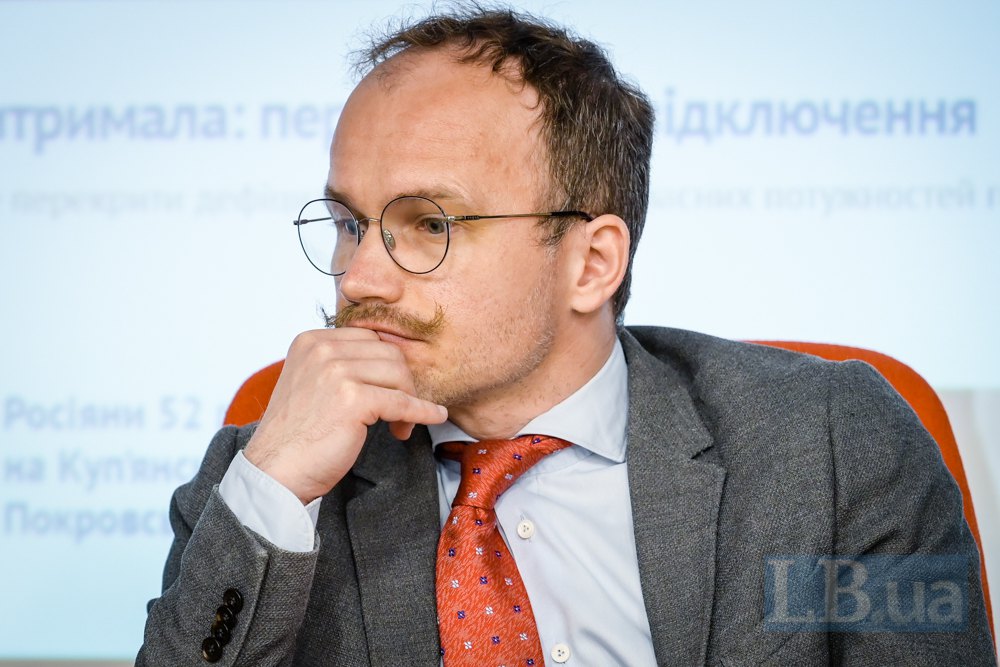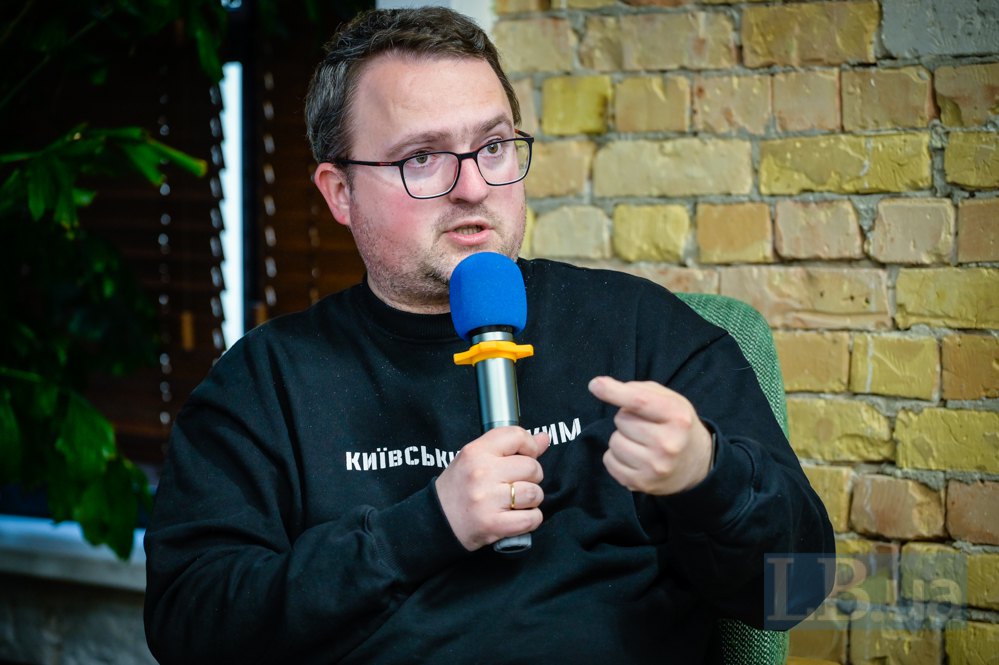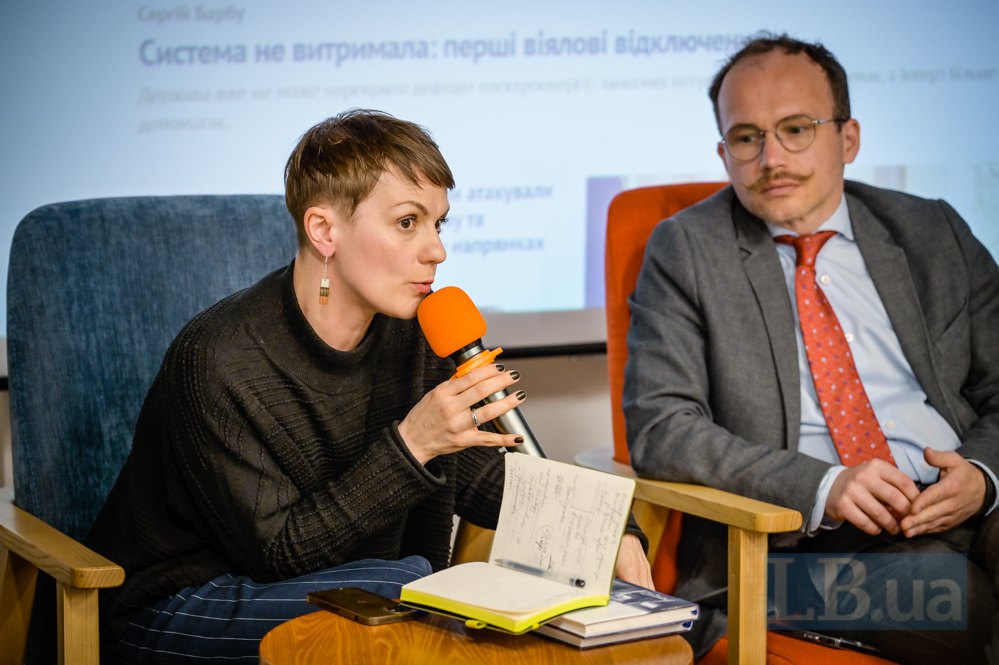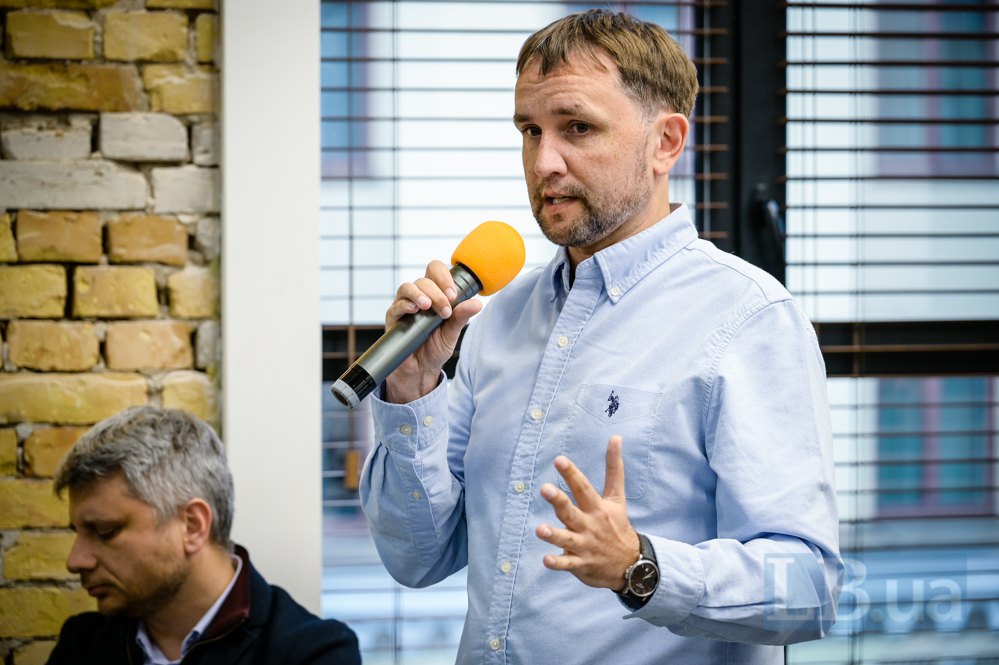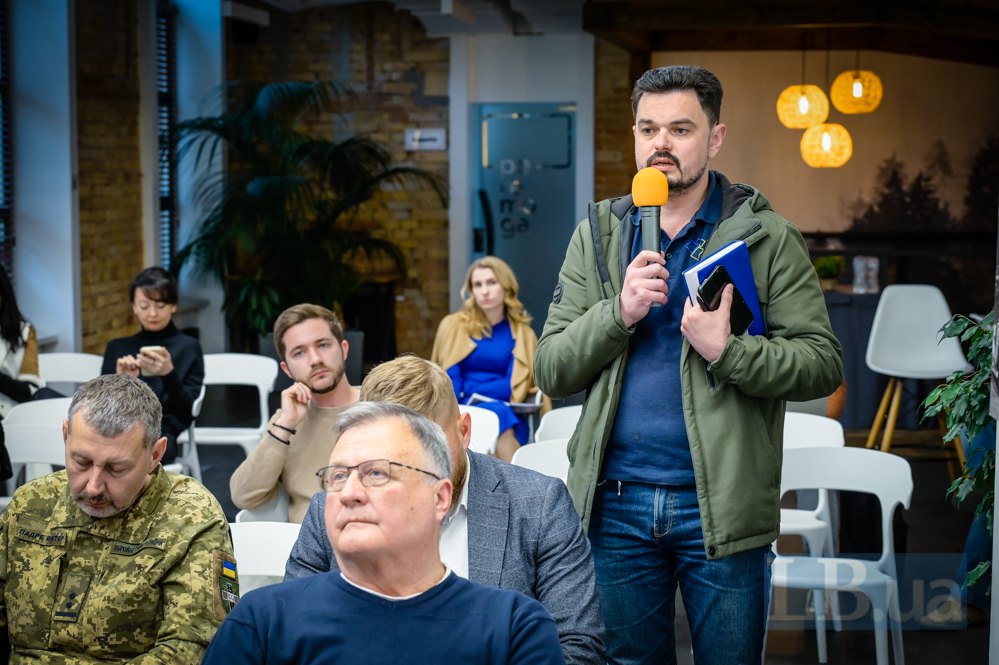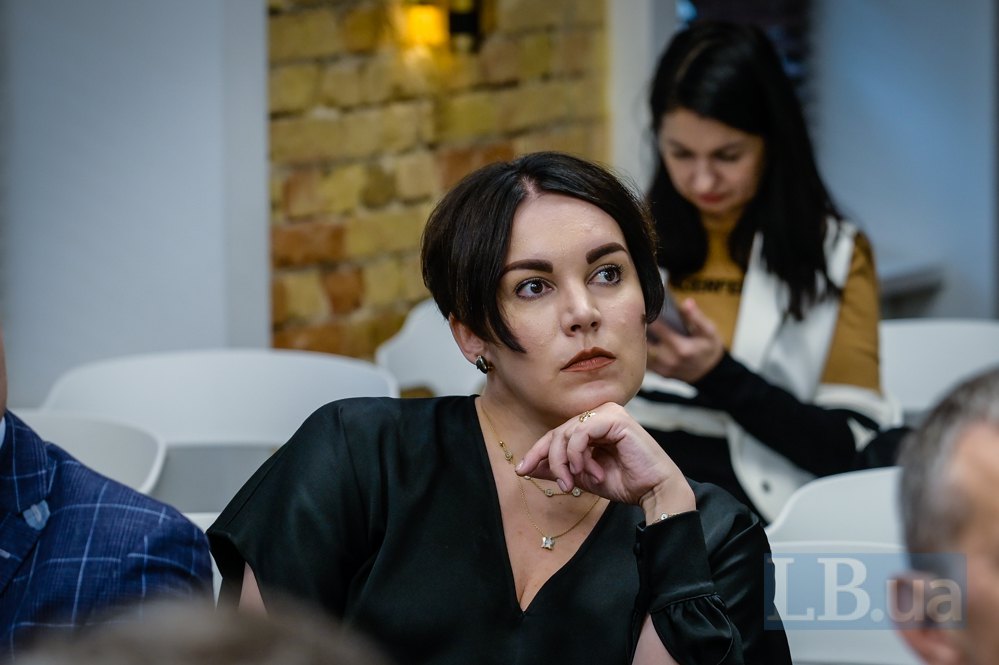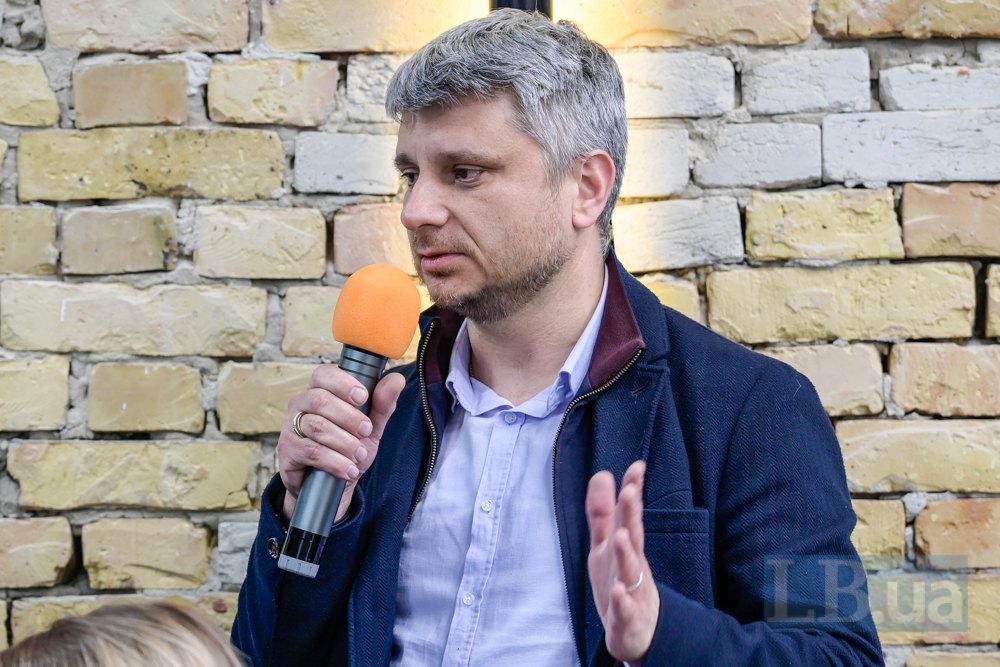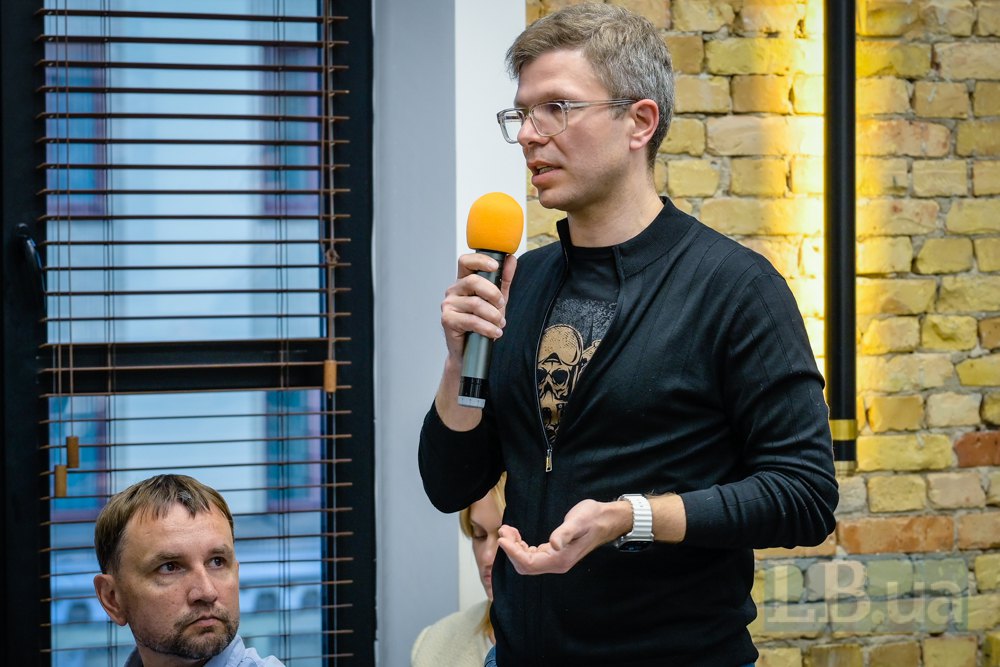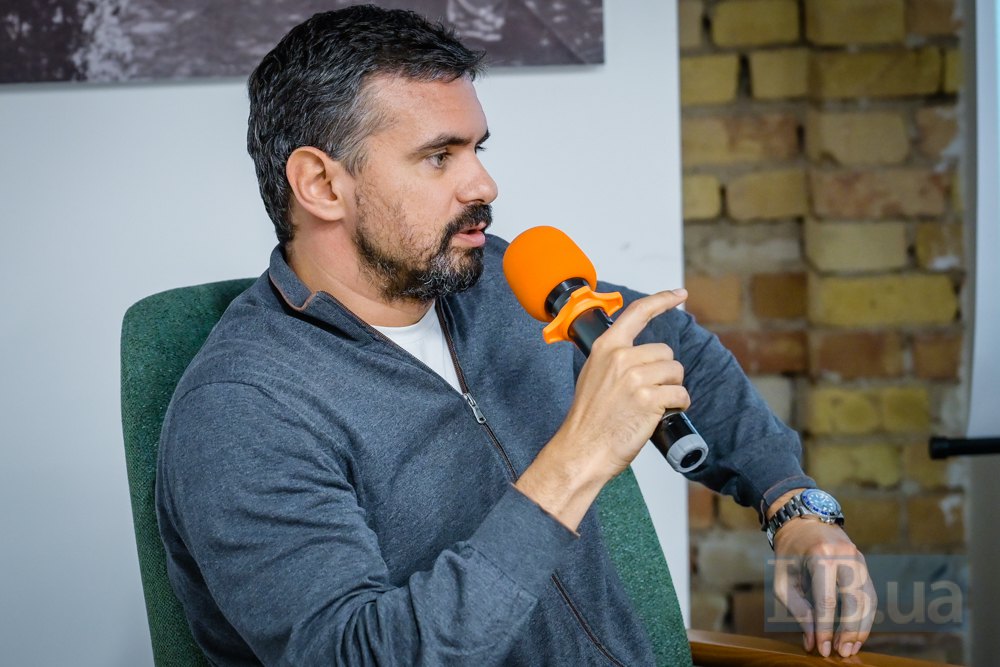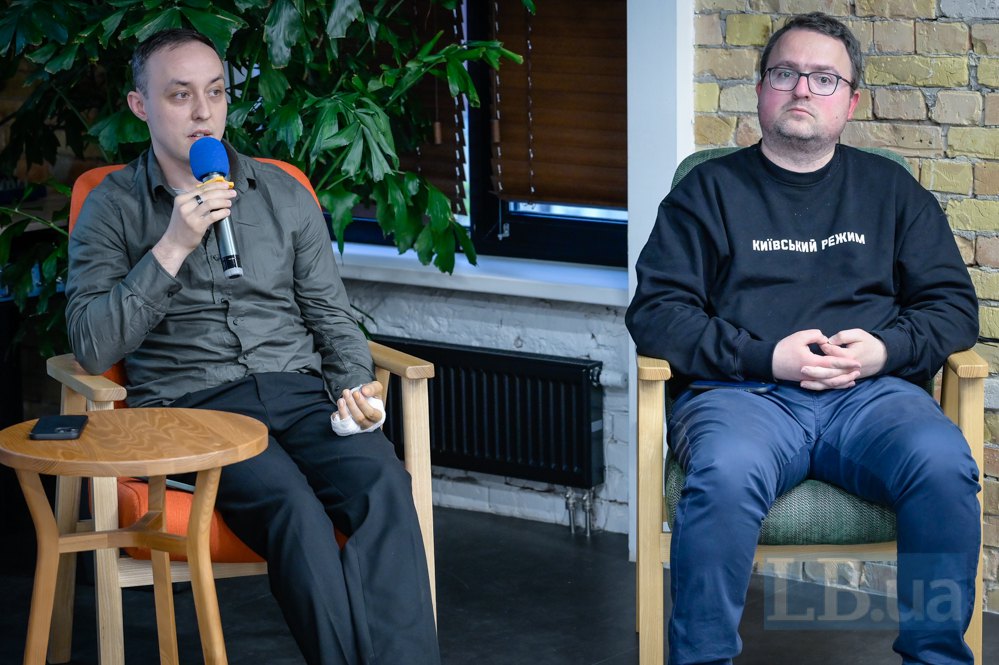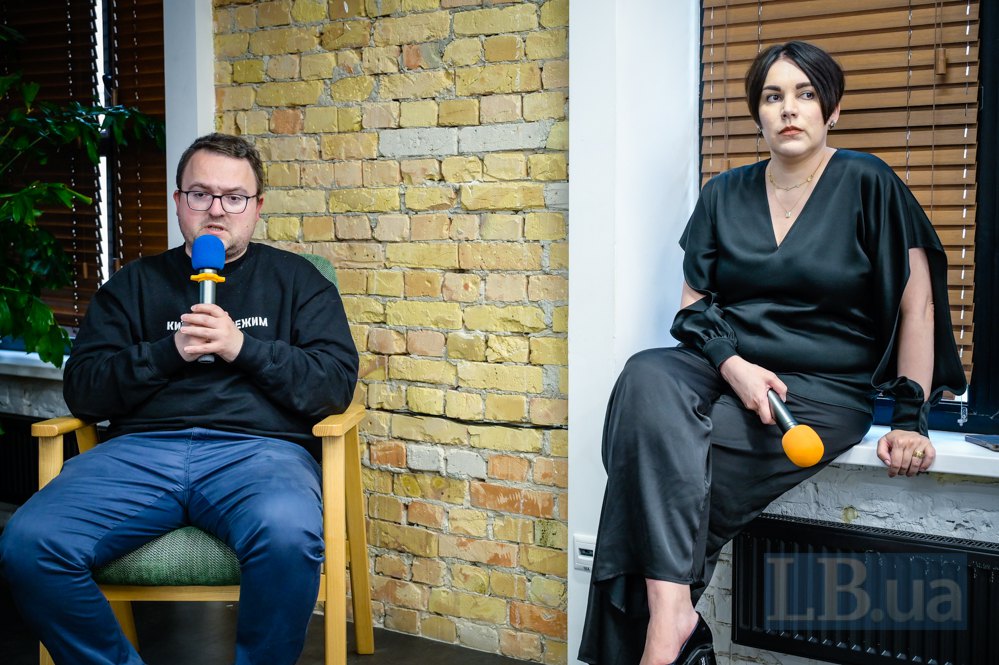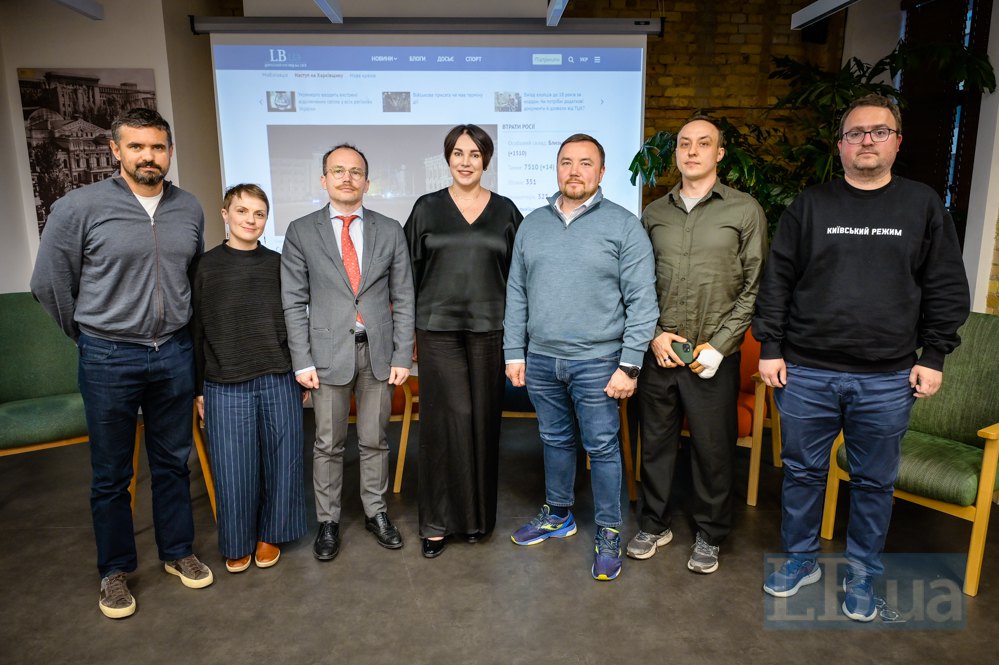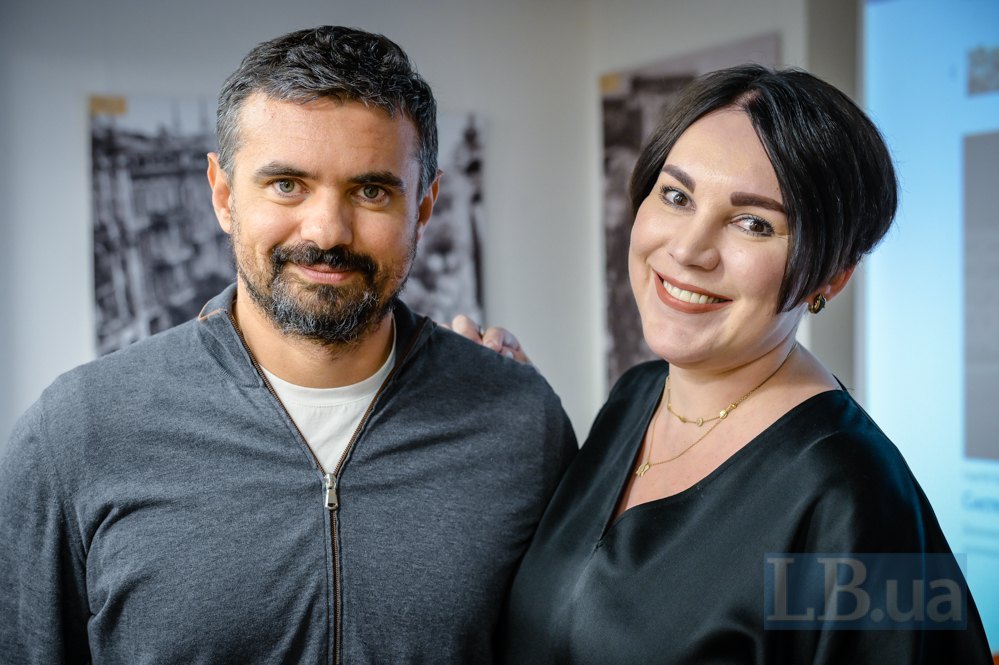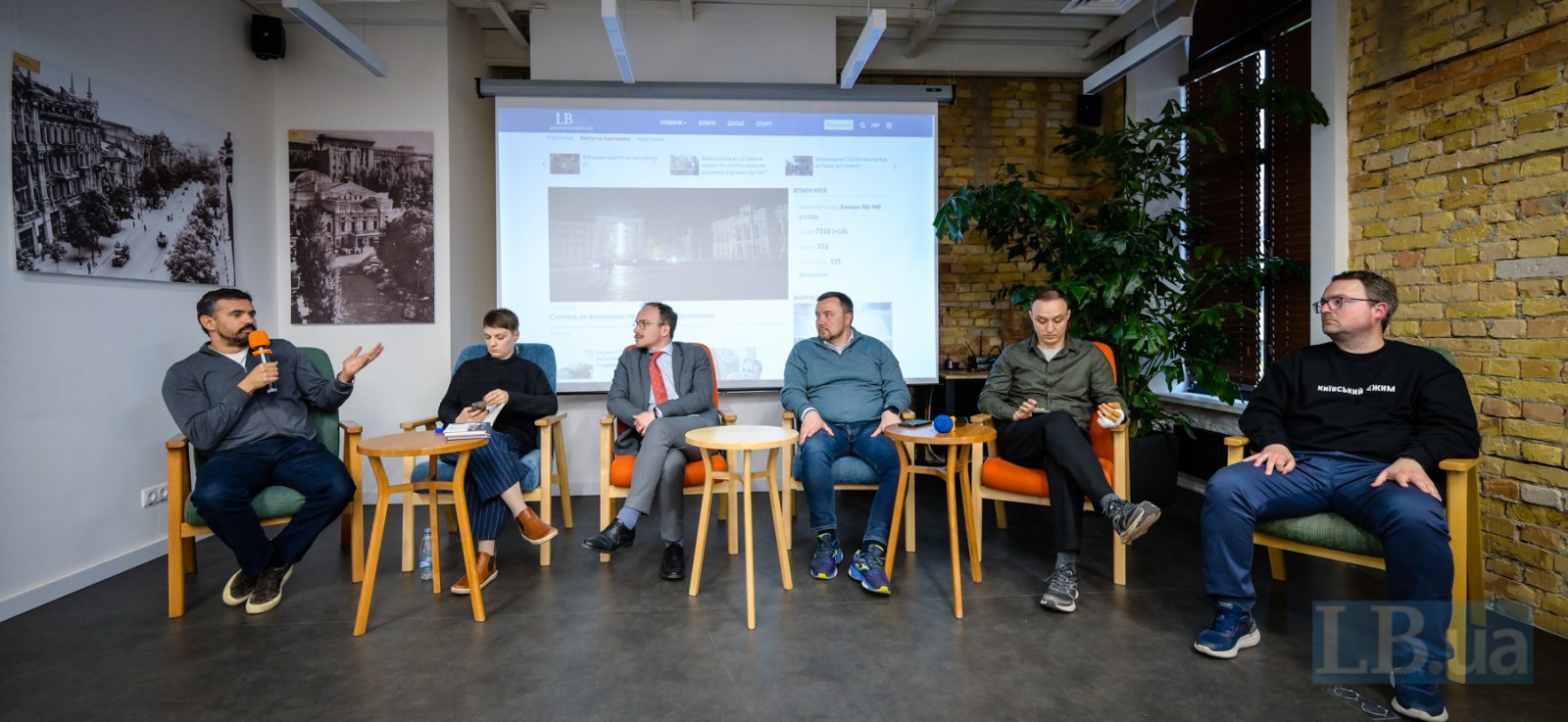On 15 May, Kyiv hosted the tenth discussion panel within the framework of the joint project of LB.ua and EFI Group New Country - "Crime and Justice: How to Bring the Aggressor to Justice?"
This time, the speakers and guests discussed whether sustainable peace is possible without establishing comprehensive justice in the international, economic and domestic political spheres:
- Condemnation of war crimes and punishment of Russian criminals;
- Payment of compensation and reparations by the aggressor;
- Restoration of human rights, especially those of war victims;
How can this be done as efficiently as possible? What tools are prioritised? What risks should be avoided?
Speakers of the discussion:
Denys Malyuska, Minister of Justice;
Denys Malyuska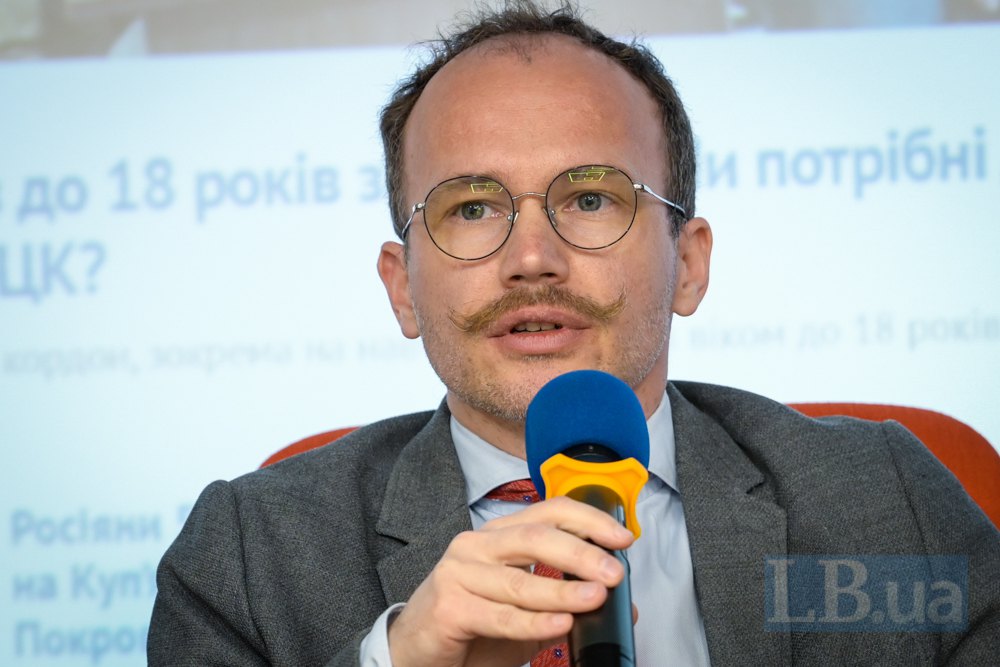
-
Vladyslav Vlasyuk, Counsellor of the Head of the President's Office;
Vladyslav Vlasyuk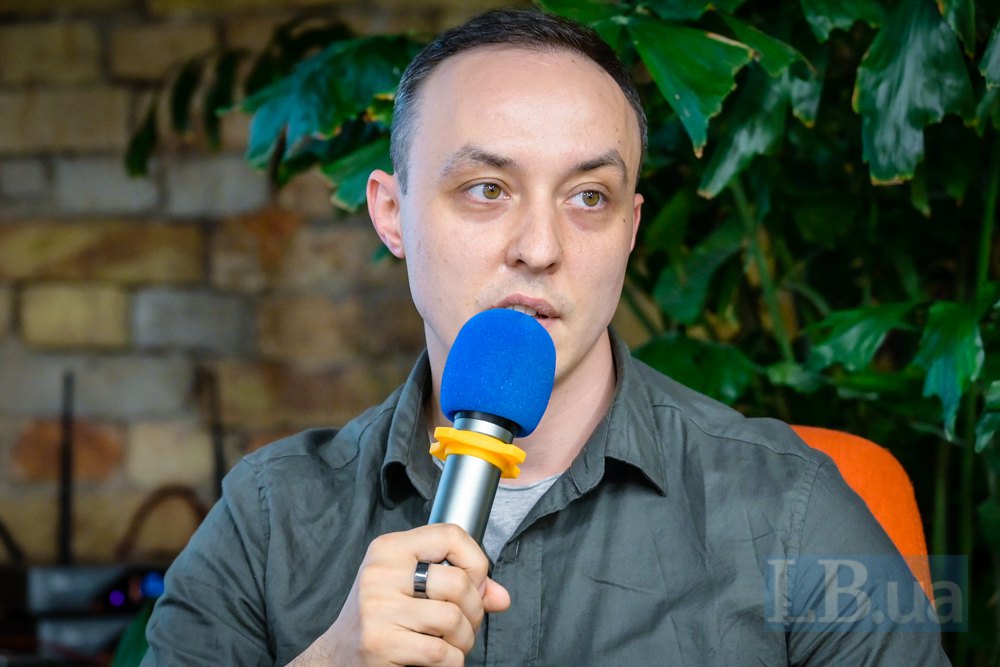
-
Anton Korynevych, Ambassador for Special Assignments of the Ministry of Foreign Affairs of Ukraine;
Anton Korynevych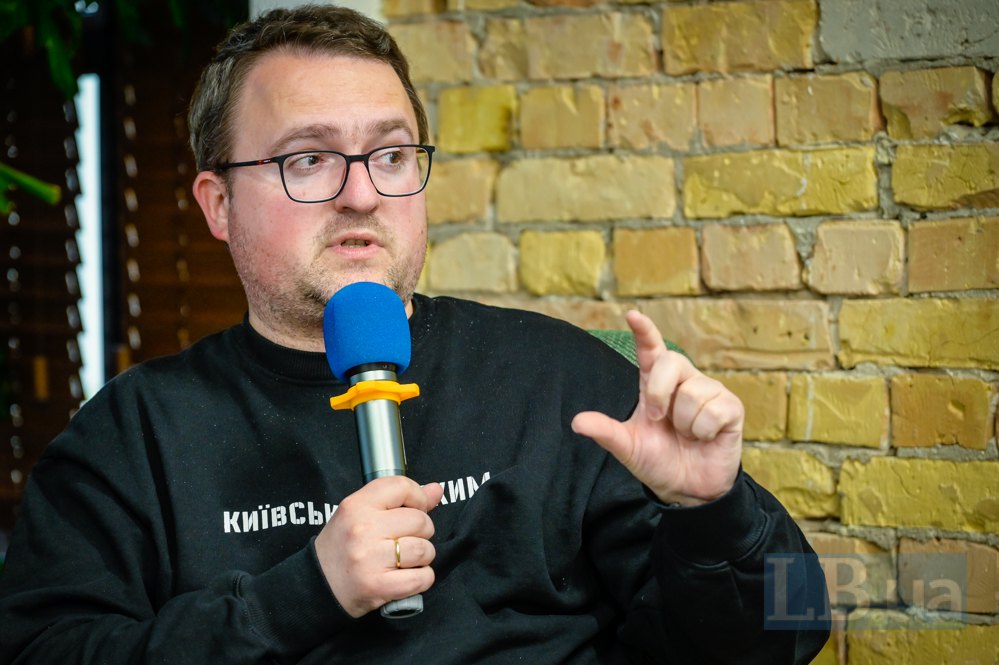
-
Nataliya Humenyuk, Founder of the Public Interest Journalism Laboratory and The Reckoning Project;
Nataliya Humenyuk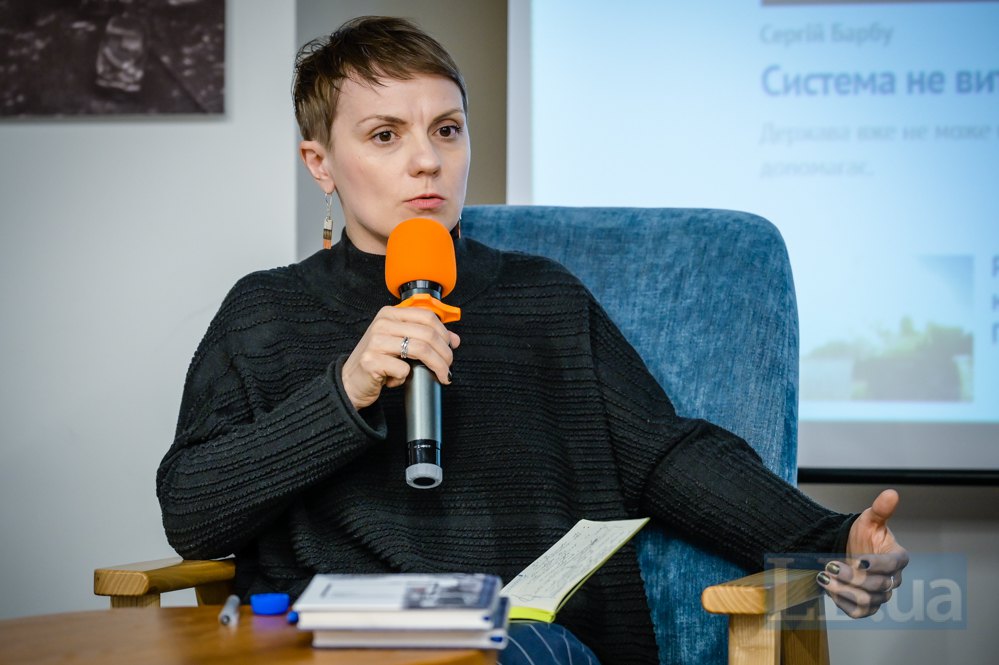
-
Denys Maslov, Chairman of the Committee of the Verkhovna Rada of Ukraine on Legal Policy
Denys Maslov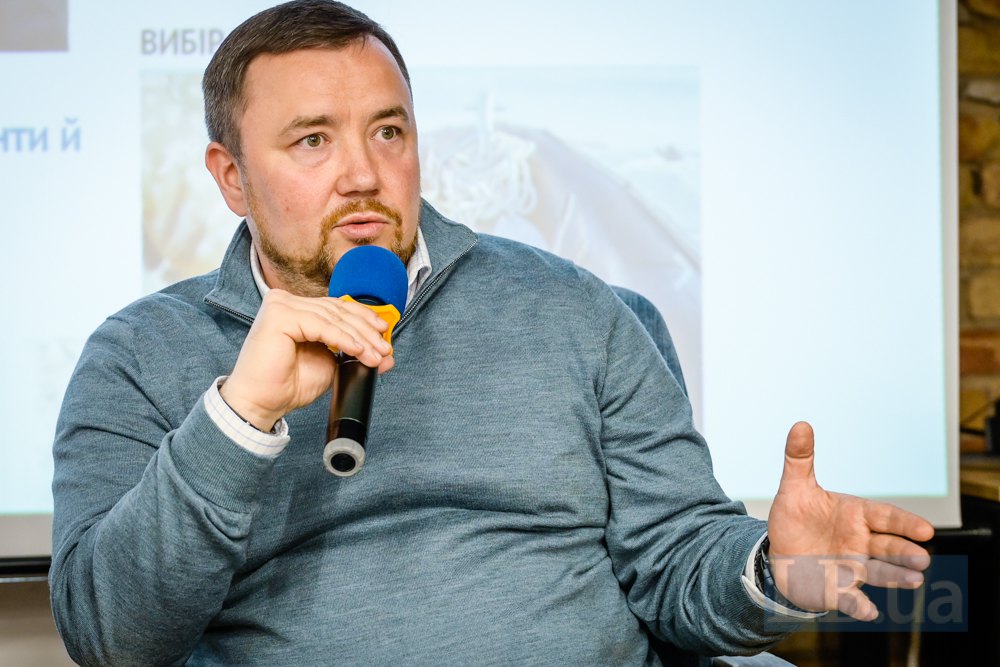
-
Ihor Liski, Chairman of the Supervisory Board of EFI Group.
Ihor Liski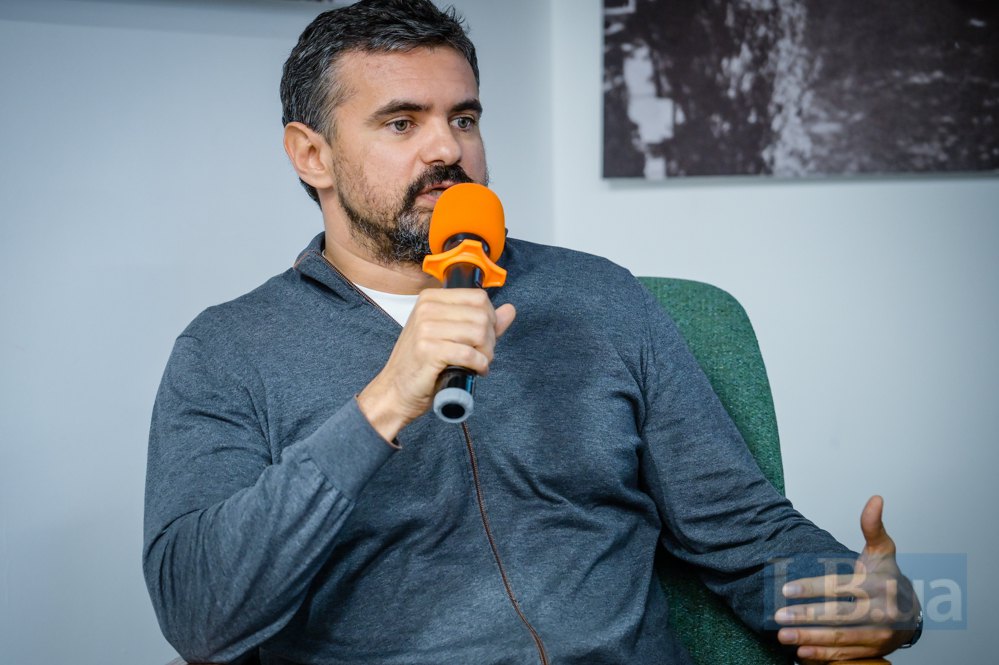
According to Minister of Justice Denys Malyuska, all the steps Ukraine is taking today to document the crimes of Russian aggression strengthen its negotiating position in the future.
"The war ends on our terms - we still have to have some arguments, some tricks up our sleeve at the negotiating table. The more sanctions, the more restrictions, the more frozen assets, the more criminal proceedings and lawsuits, the more trump cards we have up our sleeve. If we don't have this, then it's a one-way game," the minister said.
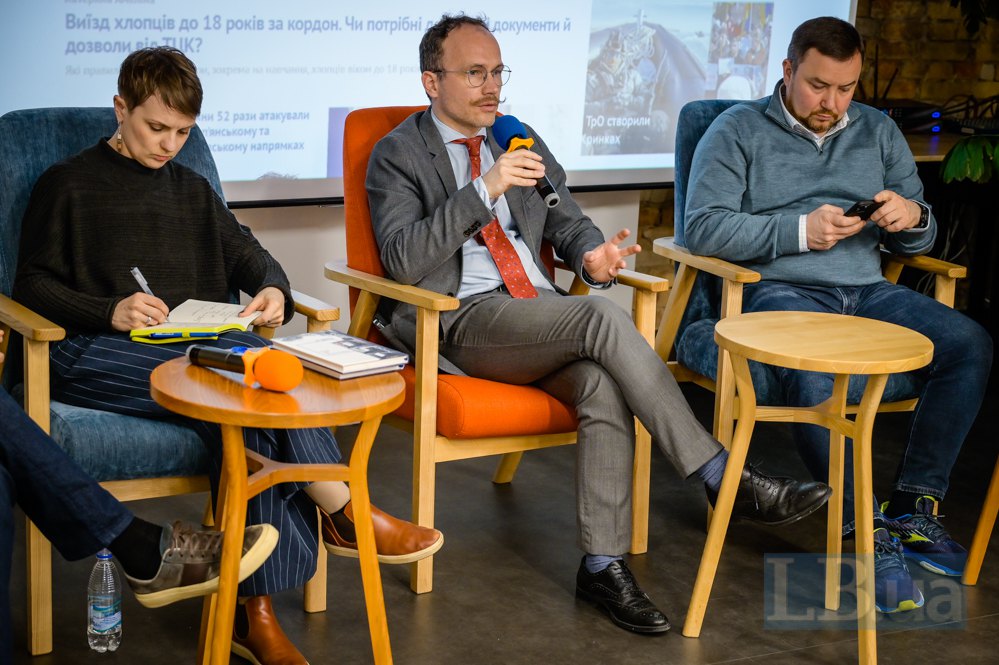
In this context, Ambassador-at-Large of the Ministry of Foreign Affairs of Ukraine Anton Korynevych stressed the importance of establishing a Special Tribunal for the Crimes of Aggression of the Russian Federation.
"Establishment of a special tribunal for the crime of aggression against Ukraine is one of the key tasks in our efforts to bring the aggressor to justice. Because responsibility for the crime of aggression is responsibility for the entire war as such. No other mechanism of accountability that exists today can ensure the punishment of representatives of Russia's top political and military leadership for planning, launching and conducting the aggressive war they have been waging since the end of February," the Foreign Ministry spokesman said.
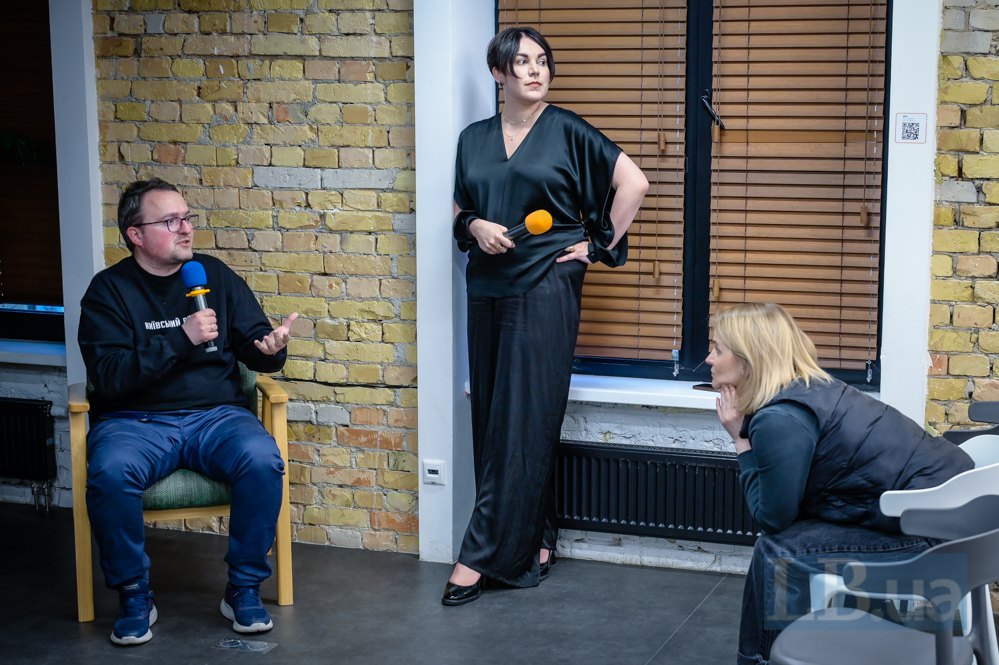
Vladyslav Vlasyuk, Advisor to the Head of the Presidential Office, said that up to 40% of the content of the latest sanctions packages is Ukraine's information, recommendations and evidence.
"Over the past two years, thanks to this 'joyful' case of aggression, we have become much more significant in many issues of world politics. If we take a rating of jurisdictions or countries that understand sanctions, we will be in the top five," Vlasyuk said.
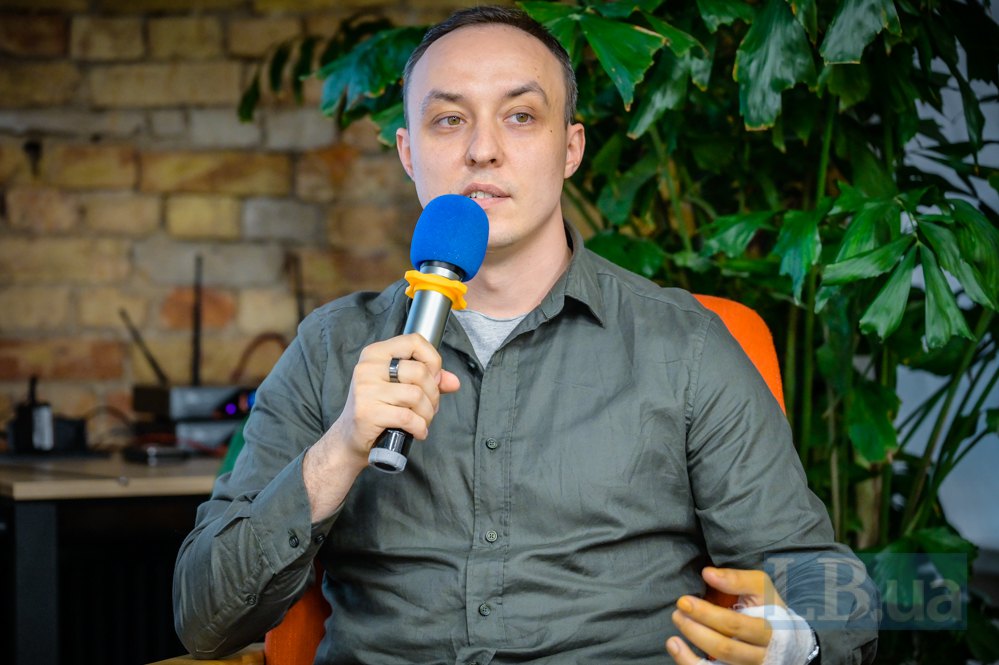
However, possible compensation for victims of the aggression may take years, says Denys Maslov, chairman of the Verkhovna Rada Committee on Legal Policy.
"When we, together with the international community, are able to pressure the aggressor to accept our Ukrainian conditions, our Ukrainian formula for peace, then in the future, perhaps, the process of compensation may take many, many years. ...The mechanisms of reparations may be different. But first and foremost, the outcome of the war is important. This is our victory," Maslov said.
"Justice and accountability, international investigations, national investigations are the only civilised way to channel revenge. Ukrainians know very well that everyone will not be punished. We know this. There are 130,000 recorded crimes by the Prosecutor General's Office, there may not be as many convictions, there may not be cases opened by the International Criminal Court... Many crimes may not have an evidence base, which also means that there will never be full justice, but this does not mean that we should not strive for it," said Nataliya Humenyuk, founder of the Public Interest Journalism Lab and The Reckoning Project, during the discussion.
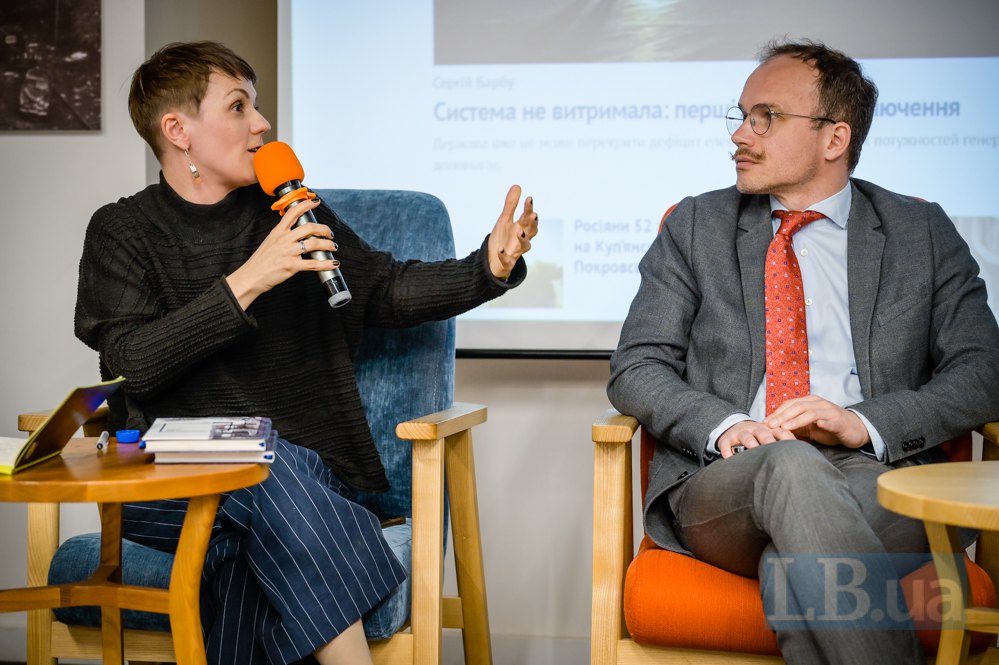
The Chairman of the Supervisory Board of EFI Group noted that Ukraine is 100% right today. "Maybe for the first time in life, there are no grey areas, there is white and black. There is light and darkness. Not only were we attacked, not only did we voluntarily give up our nuclear weapons, but war crimes are simply the brutal destruction of a nation. That is why we have a unique chance to win over as many countries as possible," said Liski.
Expect the detailed speeches of the keynote speakers soon on LB.ua.
